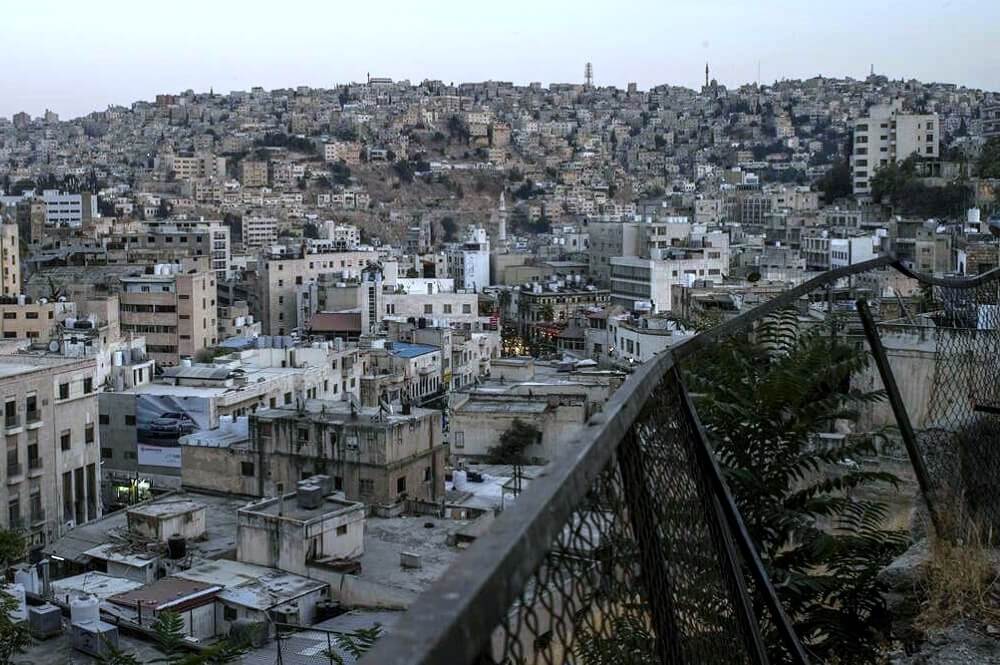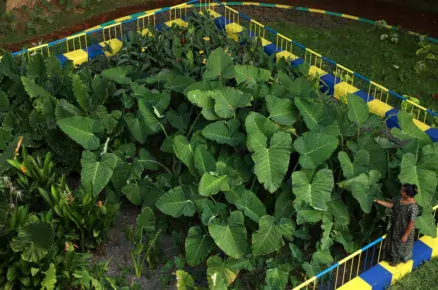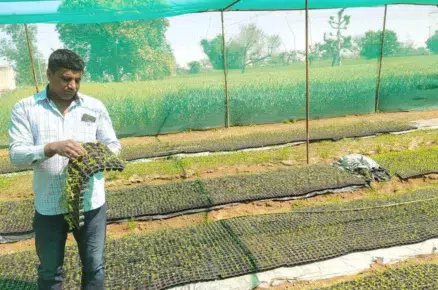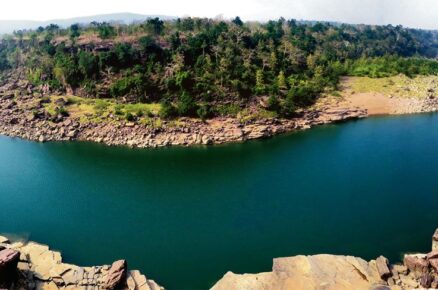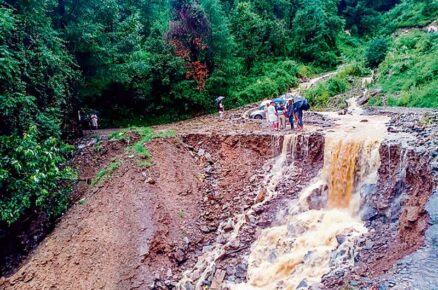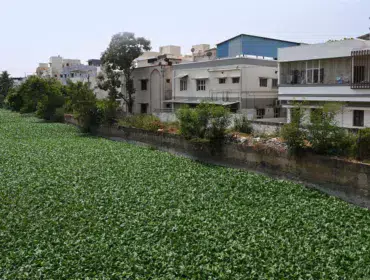WD News: Residents of Jordan, one of the driest countries in the world, have long been accustomed to a household water supply of only about 36 hours a week. But recently, even that meagre flow has been curtailed by the debilitating combination of a warming planet and swelling demand.
Household taps ran dry this summer for as long as three weeks in parts of this small, dehydrated Middle Eastern nation. Population growth, diminished water supplies and climate change have all taken their toll, while damaged and inefficient infrastructure and the considerable challenges posed by Jordan’s geography and topography have only made things worse. The resulting shortages serve as a warning of what the future might hold for the region and the world beyond it.
All of the country’s major water sources are near the borders, and water must be transported inland, an energy-intensive and increasingly expensive process as fuel prices rise. Rainfall has decreased precipitously in recent decades, and warmer temperatures mean that what rain does come evaporates rapidly. Longer and hotter summers have already shortened growing seasons for farmers.
According to Motasem Saidan, a former water minister and professor at the University of Jordan, climate change is really aggressively hitting Jordan in the last two years.
The country’s namesake river is nearly running dry. The flow in the Jordan River is less than 10% of its historical average, and the Yarmouk River, a major tributary, is greatly diminished. The Jordan’s once-rushing waters feed into the Dead Sea, a saltwater lake that is disappearing.
The rivers are uneasily shared with neighbours: Israel and Syria upstream have diverted water for years for their own use. Increasing supply from these sources is challenging, particularly with Israel.
All of this has led to an overreliance on extracting groundwater from aquifers below the Earth’s surface. The aquifers are being drained at roughly twice the rate at which they can be replenished naturally and now account for about 60% of the country’s water supply.
Omar Salameh, a spokesperson for the Ministry of Water and Irrigation, said the government was well aware of the dangers of exhausting the groundwater supply. But as the population has grown in no small part because of waves of refugees from Syria and other countries facing conflict. The government has come under pressure to meet soaring demand, he said.
The population is now estimated to exceed 11 million, up from 8 million just a decade ago, including more than 760,000 people registered with the United Nations as refugees.
“We don’t have other alternatives,” Salameh said. For those with means, solutions and workarounds are available, at a price. But those without must simply go without.
Source and Image Courtesy: The New York Times




